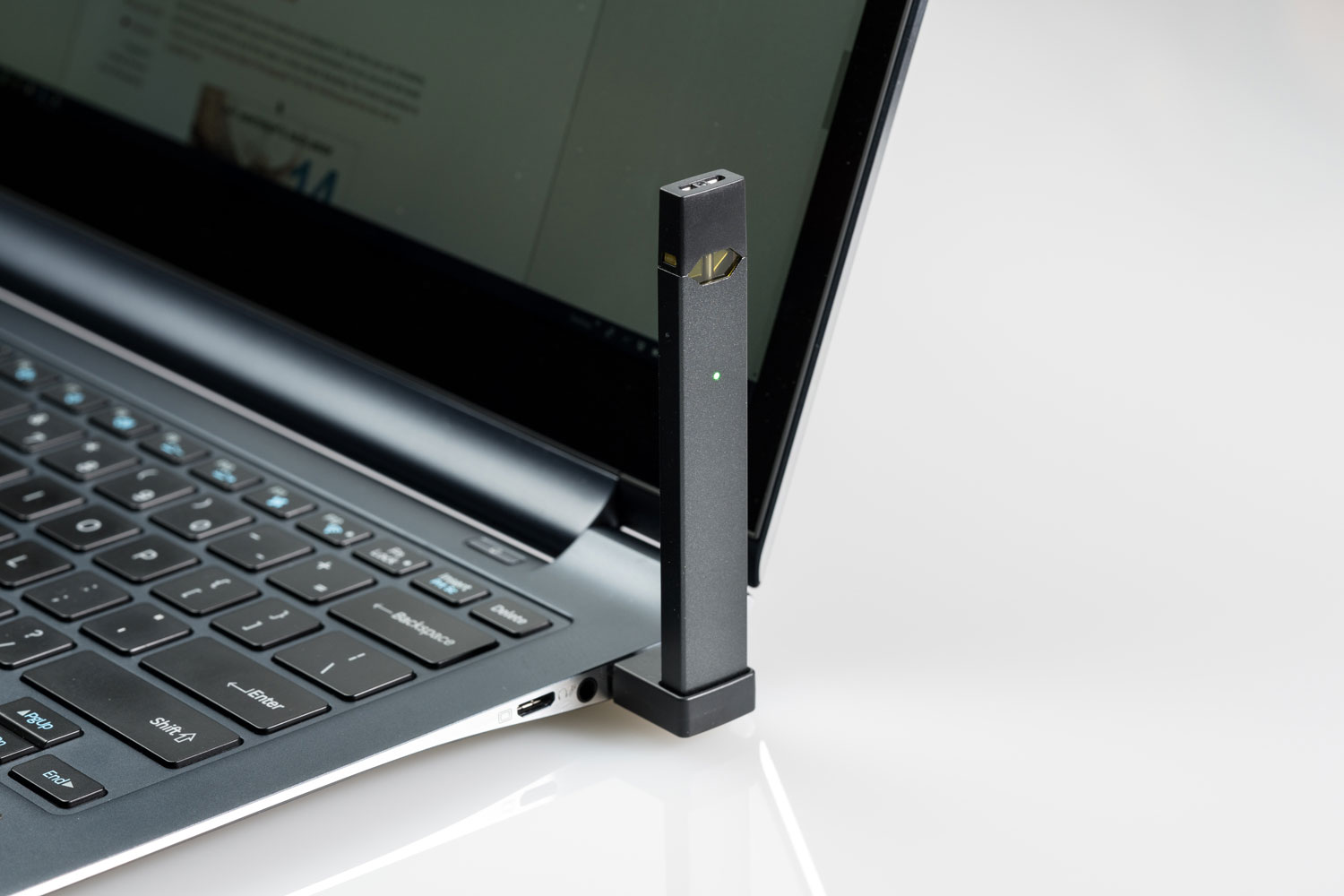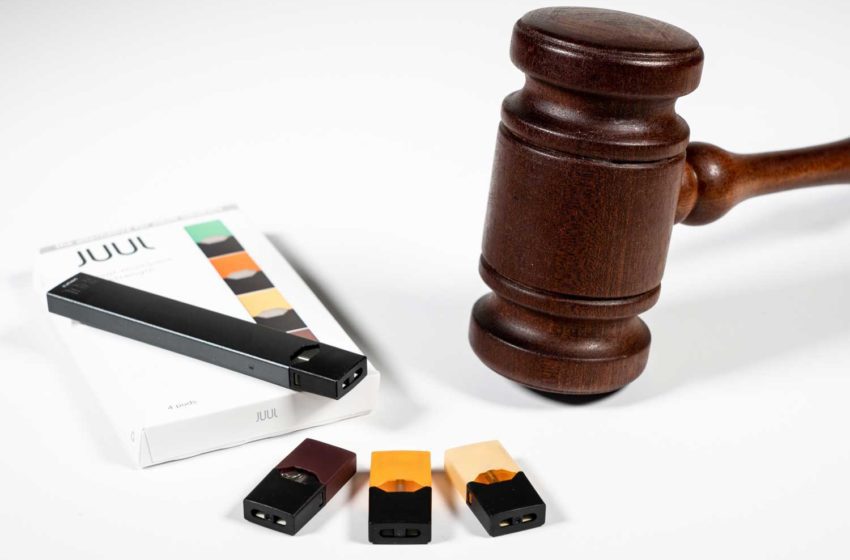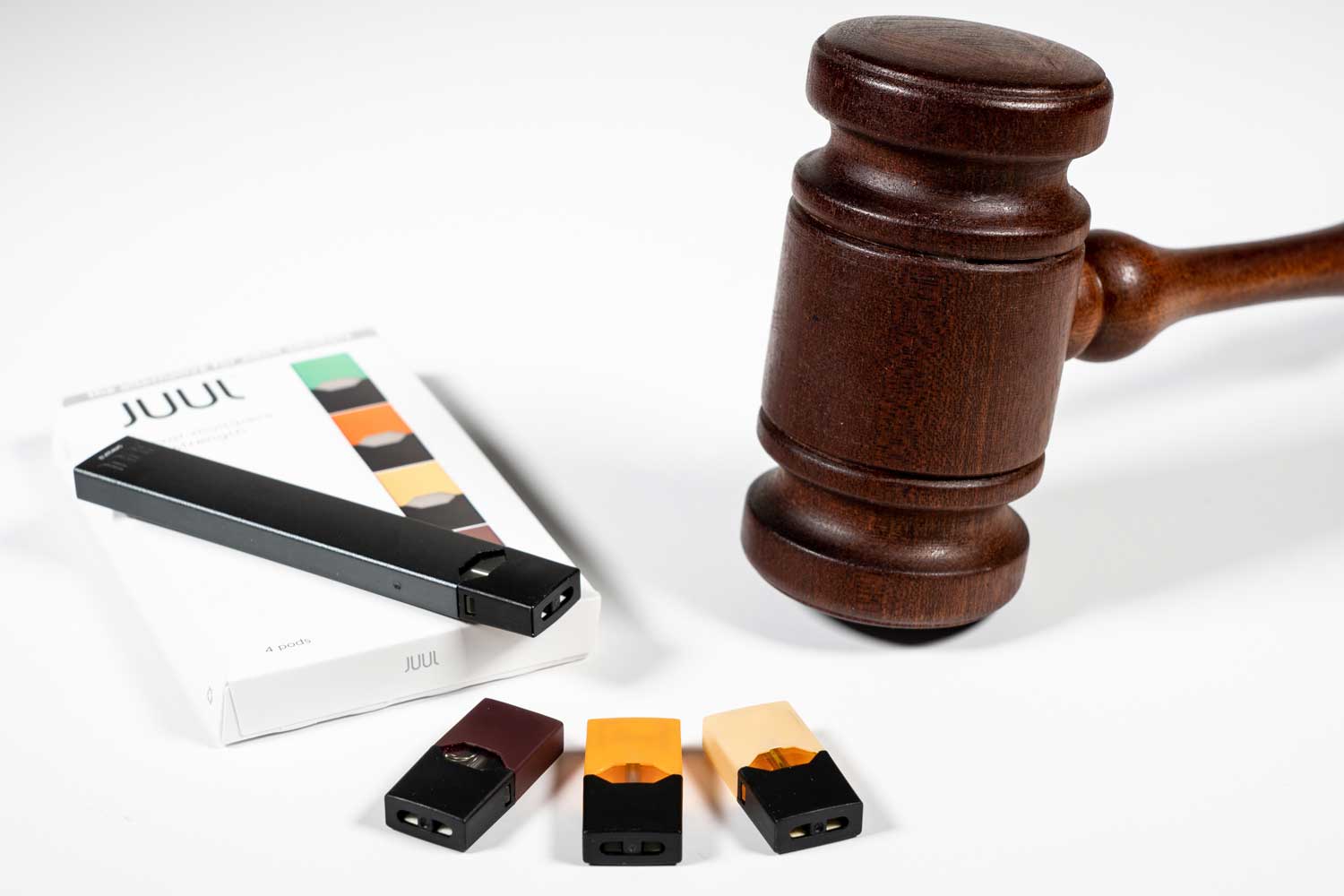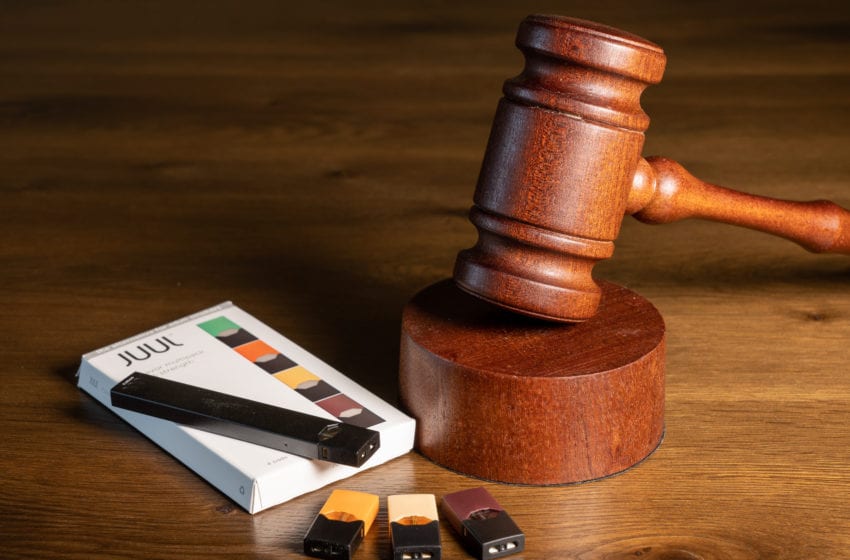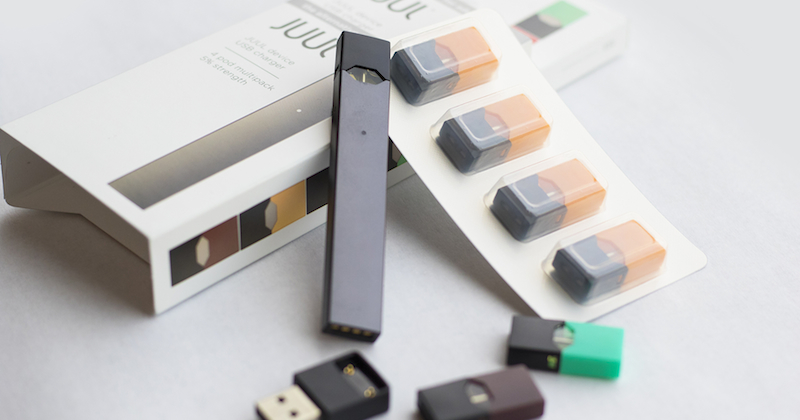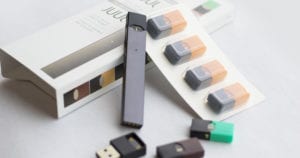 Altria Group Distribution Co. and Juul Labs have announced their support of TruAge, a new digital solution that enhances current age-verification systems and protects user privacy.
Altria Group Distribution Co. and Juul Labs have announced their support of TruAge, a new digital solution that enhances current age-verification systems and protects user privacy.
Developed by the National Association of Convenience Stores and Conexxus, TruAge makes it easier and more accurate to verify a customer’s age when purchasing age-restricted products. At the same time, the system makes identity theft difficult. One-time-use tokens are used to share only the most important elements to confirm the purchaser is of legal age, which also protects the user’s privacy.
TruAge is free to retailers, consumers and POS providers, and its relevant intellectual property will be placed in the public domain—removing barriers to adoption.
“We are excited to join this important initiative because TruAge deepens our trade partners’ support of underage prevention and helps establish retail as the most trusted place to responsibly sell tobacco products,” said Scott Myers, president and CEO of Altria Group Distribution Co., in a statement.
“Over the past few years, we have worked closely with our retailer partners across the United States to implement enhanced access controls for the sale of Juul products, automatically requiring electronic ID scanning to verify the purchaser is at least 21 years of age and limiting the amount of product sold to reduce social sourcing,” said Parker Kasmer, vice president of regulatory engagement for Juul Labs.
“We are eager to support TruAge and the extension of technologically based age-verification solutions across all vapor and other age-restricted products to combat underage use and support a more responsible marketplace.”
TruAge is also supported by more than 130 retail companies that represent 22,000-plus convenience store locations in the United States, plus four industry point-of-sale providers.



